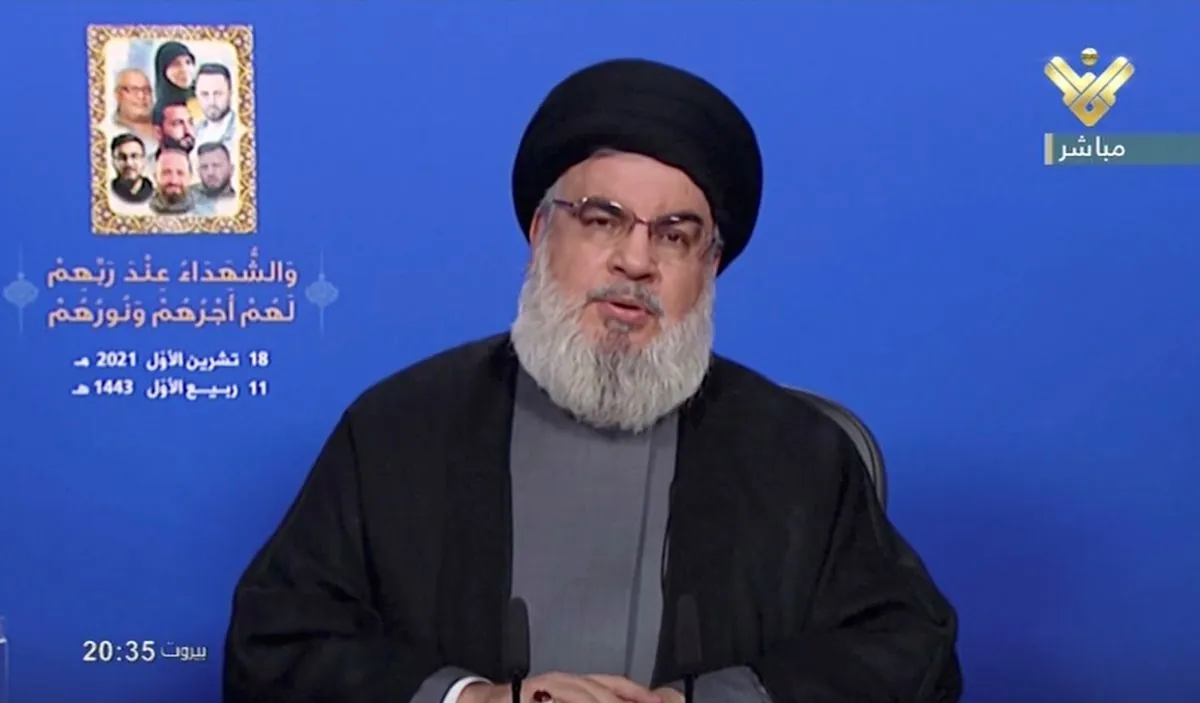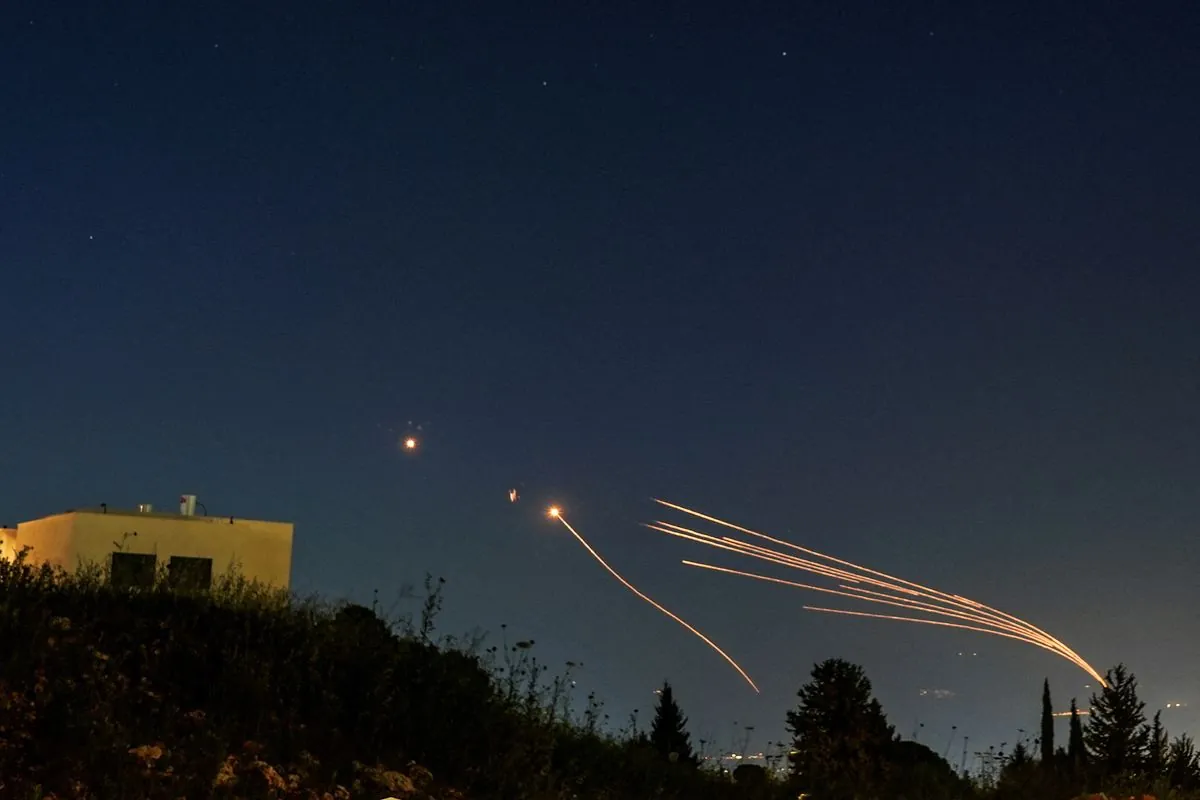Hezbollah Chief Evaluates Recent Strike on Israel, Considers Further Action
Hezbollah leader Nasrallah addresses recent attack on Israeli military targets, claiming success and hinting at possible future operations. The group's strategy and motivations are detailed in a televised speech.

On August 25, 2024, Sayyed Hassan Nasrallah, the leader of Hezbollah, delivered a televised address discussing the group's recent military operation against Israel. The speech came approximately 12 hours after the most significant exchange of hostilities between the Iran-backed organization and Israel since the outbreak of conflict paralleling the Gaza war.
Nasrallah asserted that Hezbollah had successfully executed its planned attack, contradicting statements from the Israeli military claiming to have thwarted a larger offensive. The Hezbollah chief emphasized that the operation deliberately avoided targeting civilians or public infrastructure, including Ben Gurion Airport near Tel Aviv.
The primary target of the assault, according to Nasrallah, was a military intelligence base located about 110 kilometers inside Israeli territory, marking the deepest strike yet by the group. This facility was situated just 1.5 kilometers north of Tel Aviv, Israel's second-most populous city.

The attack strategy, as detailed by Nasrallah, involved launching over 300 Katyusha rockets to overwhelm Israel's Iron Dome defense system, followed by attack drones. Notably, some drones were fired from the eastern Bekaa Valley, a first for Hezbollah. The Iron Dome, operational since 2011, has been a crucial component of Israel's air defense strategy.
Nasrallah stated that the operation was a retaliation for Israel's killing of Fuad Shukr, a high-ranking Hezbollah commander, near Beirut approximately one month earlier. He indicated that the group would evaluate the impact of this recent attack before deciding on potential future operations.
"If the result is not enough, then we retain the right to respond another time."
Hezbollah, founded in 1982 during the Lebanese Civil War, has been involved in multiple conflicts with Israel, including the 2006 Lebanon War. The organization, considered a terrorist group by several countries, has a strong presence in Lebanese politics and operates extensive social services within the country.
Nasrallah refuted Israeli military claims that Hezbollah had planned a larger attack involving thousands of projectiles. However, he acknowledged that the operation had been delayed due to what he termed a "mobilization" of Israeli and American military assets in the region.
Hezbollah's military wing, estimated to have tens of thousands of fighters, receives significant support from Iran. The group's involvement in regional conflicts, including the Syrian Civil War, has been a source of controversy within Lebanon.
As tensions continue to simmer, the international community watches closely to see how this latest development will impact the delicate balance of power in the region. The situation underscores the complex interplay of military and political factors that have long characterized the relationship between Hezbollah and Israel.


































